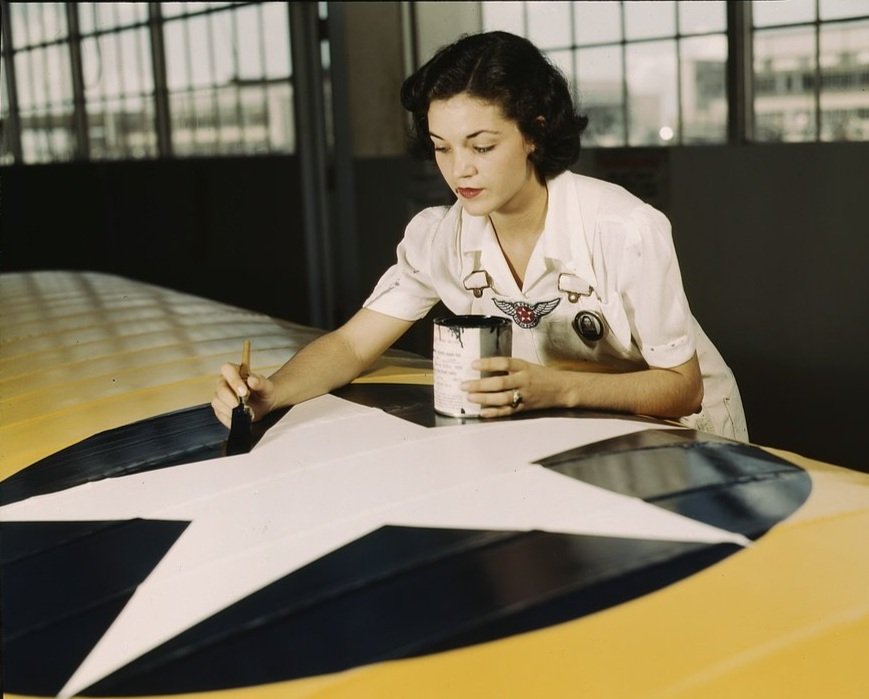
Camouflaging the South Pacific (1943)
I saw jeeps driven along the beach within plain view of the CAPE ENDAIADERE and the Japanese, and with one of our headquarters located in a native village just back from this beach. I saw men paddling collapsible Australian assault boats in the same area without any military reason, this all in broad daylight and much Japanese air activity, and with the knowledge of their officers and under their observation.
“Attack!” (the Red Army way) (1943)
LET YOUR attack be a headlong one. Get to the enemy in one leap. In open spaces where the enemy is target-firing, you must make short runs singly, jump up in a trice and forward like an arrow. It is important to give the Germans no time to take aim; run for two or three seconds and then drop like a stone to the ground. Crawl unnoticed from the spot where you dropped, to the side, and when you get to a suitable firing position, open fire immediately on the enemy.

Attack by Moonlight (1918)
Again the silent, determined columns moved forward—but, now, with an animated resolution of purpose which could not be denied—even by all Germanic resources which had held the upper hand against the world for four years.
Assigning the American Combat Zone (1917)
The eventual place the American Army should take on the western front was to a large extent influenced by the vital questions of communications and supplies.
British Assessment of US Army in Sicily (1943)
The particular features of U.S. troops, their equipment, extraordinary mobility, and general artillery methods, require special study if they are to be employed to the best advantage together with, and alongside, British troops in an Allied operation.

That’s Why He’s Called a “Foot” Soldier (1914)
In the early morning of September 7, we had a very short march into a wood near Artonges. Here we saw something which was not agreeable to see; many supply wagons returning hastily and in bad condition. The drivers told us about a retreat of our troops, about heavy casualties, about a defeat, etc. We were anxious about the battle, which we could only hear, but not see.





